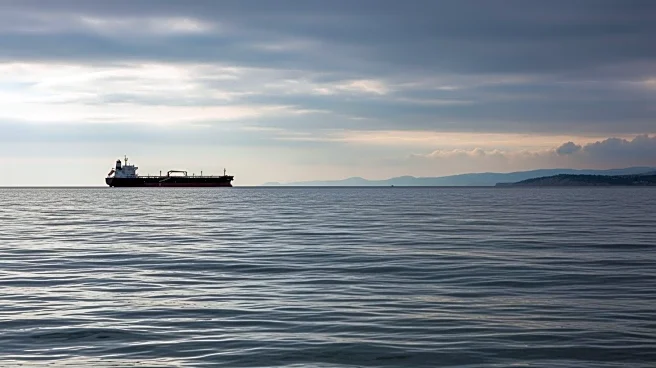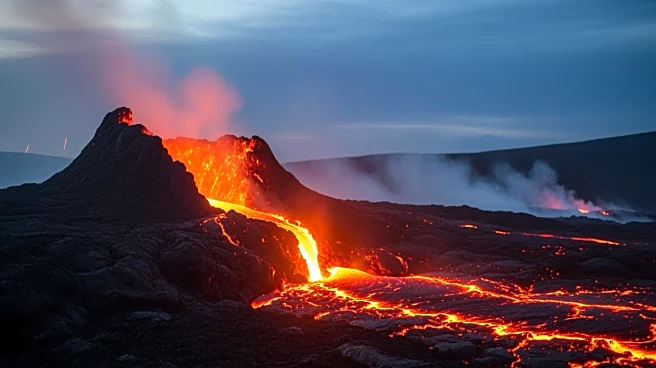What's Happening?
Kazakhstan is set to join the Abraham Accords, according to a senior White House official. The announcement will occur during a meeting between U.S. President Donald Trump and Kazakh President Kassym-Jomart
Tokayev at the White House. Kazakhstan has maintained diplomatic relations with Israel since 1992, and its inclusion in the accords marks a symbolic expansion of the agreements that normalized ties between Israel and several Muslim-majority states. The move comes amid U.S. efforts to extend the accords beyond Arab nations to include countries like Azerbaijan, aiming to deepen regional cooperation.
Why It's Important?
Kazakhstan's entry into the Abraham Accords represents a significant diplomatic achievement for the U.S., as it seeks to foster regional cooperation and reshape alliances in the Middle East. The inclusion of non-Arab Muslim-majority countries like Kazakhstan could enhance economic and security collaboration, potentially stabilizing the region amid ongoing conflicts involving Iran-backed groups. This expansion of the accords may also strengthen U.S. influence in Central Asia, providing strategic opportunities for economic ties and political dialogue.
What's Next?
The formal announcement of Kazakhstan joining the Abraham Accords is expected to take place soon, with potential implications for regional diplomacy and economic partnerships. The U.S. may continue to push for additional countries to join the accords, further expanding its diplomatic reach in the Middle East and Central Asia. Kazakhstan's participation could lead to increased collaboration in areas such as security, trade, and technology, benefiting both Israel and the U.S.
Beyond the Headlines
Kazakhstan's inclusion in the Abraham Accords highlights the evolving geopolitical landscape in the Middle East, where traditional alliances are being reshaped. The move reflects a broader trend of Muslim-majority countries seeking closer ties with Israel, driven by shared interests in economic development and security. This shift may influence regional dynamics, potentially reducing tensions and fostering cooperation across diverse cultural and political landscapes.








